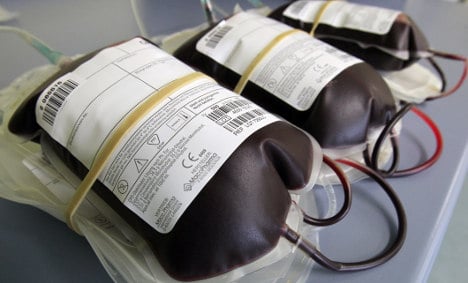There is a strong European tradition that blood donors get no more than a cup of tea and biscuit – and the priceless knowledge that they have helped to save a life.
But increasingly, the DRK has warned, donors are being paid by private clinics, pharmaceutical firms and even universities for their blood.
This could leave the DRK, with its feel-good biscuits, out in the cold – and the bought blood in the hands of those conducting commercial research rather than in the veins of accident victims.
One alarming point made by the DRK was that the €25 usually on offer for blood was three times the daily allowance for those on the lowest level of unemployment support in Germany.
Should those in need of some extra cash be able to sell their blood to supplement miserly income?
Should all blood donors be offered payment perhaps? Or is the principle of voluntarism a valuable one in our increasingly commercialised society? Is there something special about literally opening a vein to help others that should be kept free of money?
Registered users of The Local may add their comments in the field below. If you haven’t signed up yet, you can do so here – it’s free and only takes a moment.
The Local/hc



 Please whitelist us to continue reading.
Please whitelist us to continue reading.
Member comments